
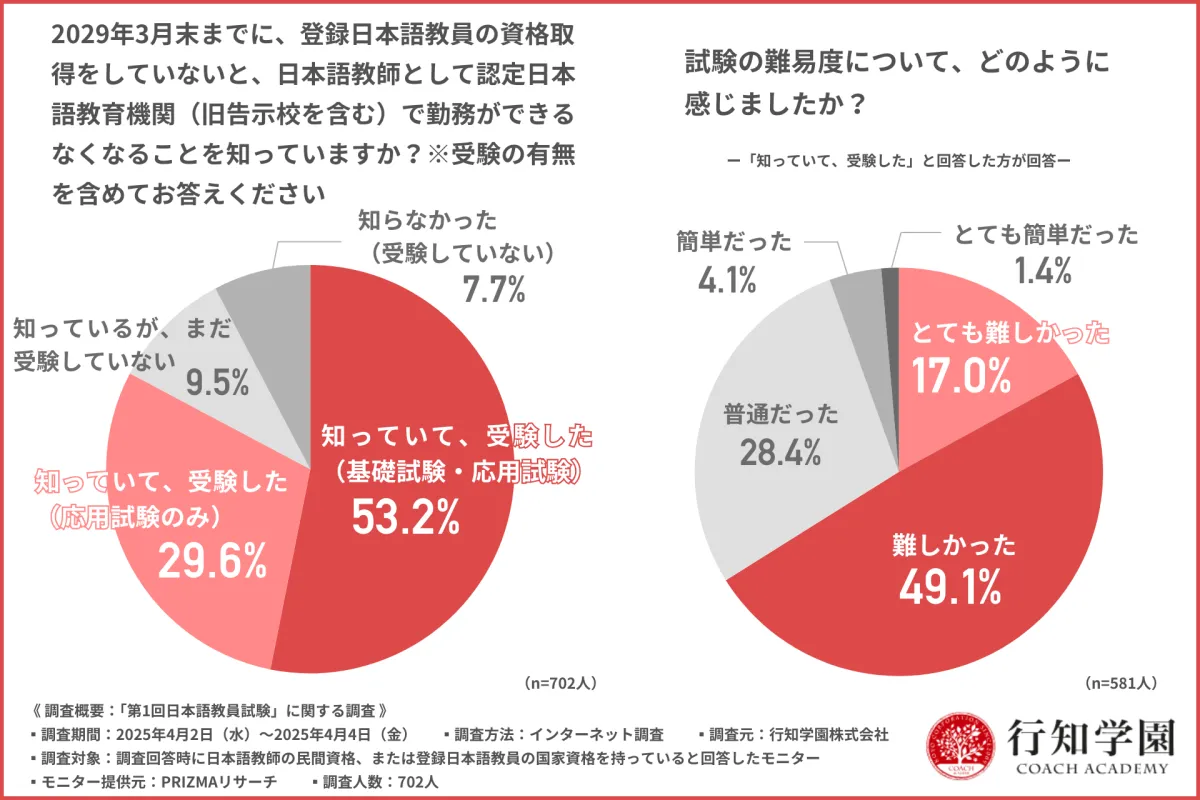
Exploring the Dynamics of Japanese Teacher Certification Exam: Challenges and Perspectives
Insights into the First Japanese Teacher Certification Exam
In a recent survey conducted by Kōchi Academy Co., Ltd., which operates programs for international students and Japanese language teacher training, a noteworthy 90% of candidates who took Japan's inaugural Japanese Teacher Certification Exam indicated struggles with self-study. This investigation reveals critical insights into exam preparation methods and perceived difficulties.
The Japanese Teacher Certification, which is set to take effect in April 2024, allows qualified individuals to instruct Japanese language courses within recognized institutions. Candidates must complete practical training from accredited organizations or demonstrate relevant experience to obtain this qualification. Importantly, there are transitional measures in place, granting a five-year grace period for those who have not yet acquired the necessary credentials.
As reported on December 20, 2024, from the Ministry of Education, results show that out of 17,655 candidates, just 11,051 passed the exam, yielding an overall pass rate of 9.3%. This statistic shines a light on the formidable challenge posed by the exam and sets the stage for understanding participants’ experiences.
Understanding Candidate Experiences
Kōchi Academy sought to investigate the proportion of candidates holding a private certification or a national Japanese Teacher Qualification and their experiences with the exam. The survey, conducted from April 2 to 4, 2025, involved 702 respondents—individuals who confirmed possession of relevant qualifications. These results delve into the recognition and awareness of the transitional measures and the experiences of candidates.
Over 80% of respondents were aware of the transitional measures, with many having taken the exam. Among those who knew and participated, 53.2% stated they took both the foundational and applied tests, while 29.6% focused solely on the applied test. A notable 71% found the exam challenging, with a significant number identifying specific difficulties in grammar and reading comprehension tasks.
Preparation Techniques: A Mixed Bag of Strategies
Regarding exam preparation, nearly half (47.3%) relied on past exam questions from the Japanese Language Education Competency Test, indicating a preference for self-study. Online learning platforms (39.2%) and specialized courses for the Japanese Teacher Certification (36.0%) also featured prominently. Yet a vast majority (about 90%) acknowledged the dire difficulty of passing solely through self-study, indicating a critical need for formal instructional environments.
This raises questions surrounding the effectiveness of self-directed learning when confronting the complex demands of certification exams. Many participants expressed a desire for specialized courses, with over 90% showing interest in enrolling in future Japanese Teacher programs—a clear indication of the necessity for expert-led educational support.
Future Aspirations and Employment Intentions
Among survey participants who had not yet taken the exam, approximately half expressed a strong or moderate desire to attempt it in the future. However, many were uncertain about when they would do so. With a looming five-year deadline to qualify under the new regulations, it is essential for prospective candidates to grasp the exam's requirements and timing thoroughly.
Most candidates expressed an interest in working in established educational settings, such as Japanese language schools, public schools, and overseas institutions. This entails the potential for expanding job roles beyond traditional teaching, hinting at a diversification of educational roles that necessitate practical skills and qualifications.
In summary, insights from this examination reveal a landscape where individuals acknowledge the challenges posed by the Japanese Teacher Certification Exam, emphasizing the importance of formal support systems in educational settings. As needs evolve, the demand for specialized training capable of catering to these nuanced requirements will undoubtedly rise, shaping the future of Japanese language education in Japan and beyond.
For those currently navigating this process, Kōchi Academy is facilitating monitoring campaigns and tailored support for aspiring Japanese educators. For additional details or inquiries, interested individuals are encouraged to participate in their upcoming informational sessions.
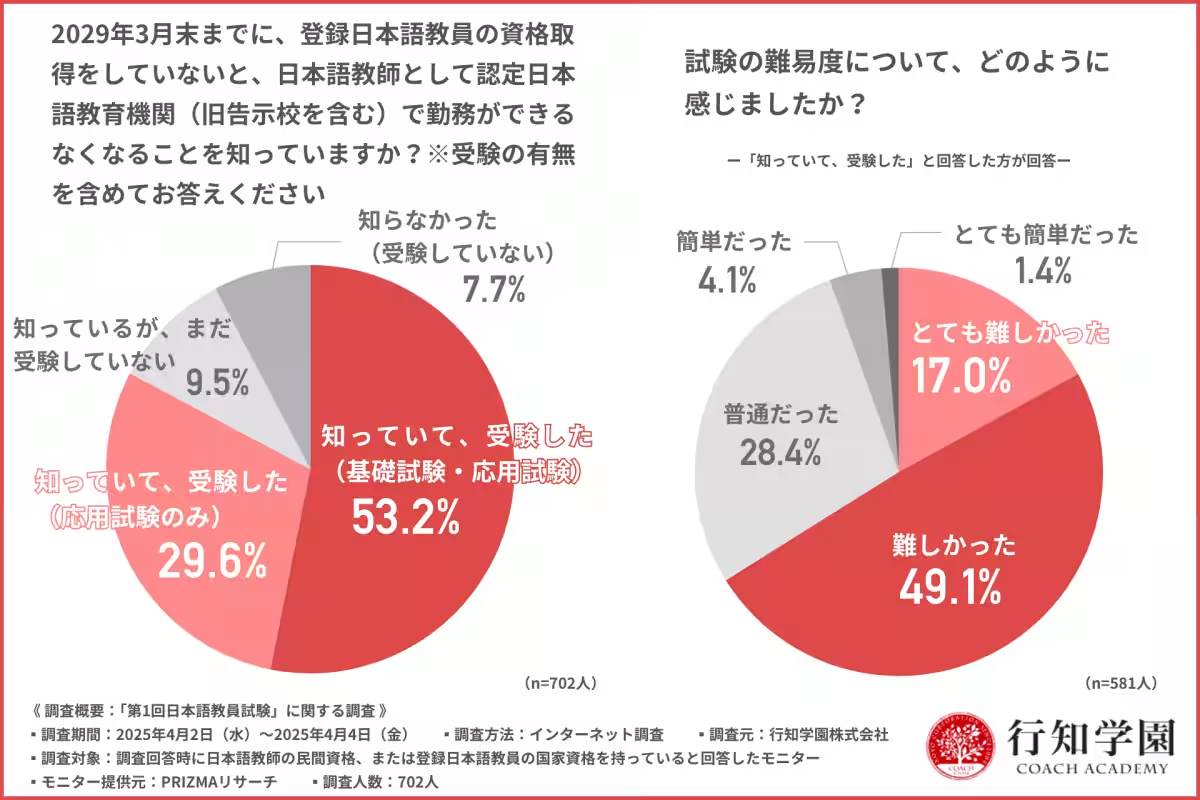

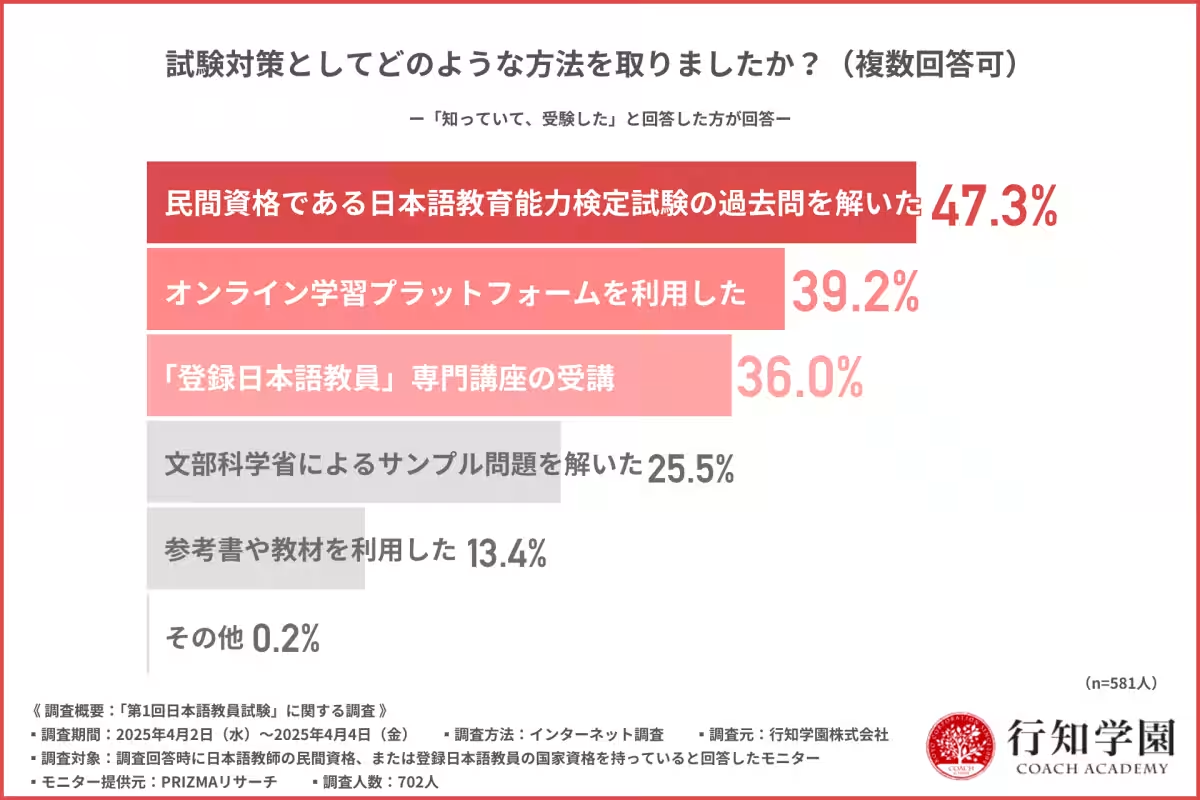
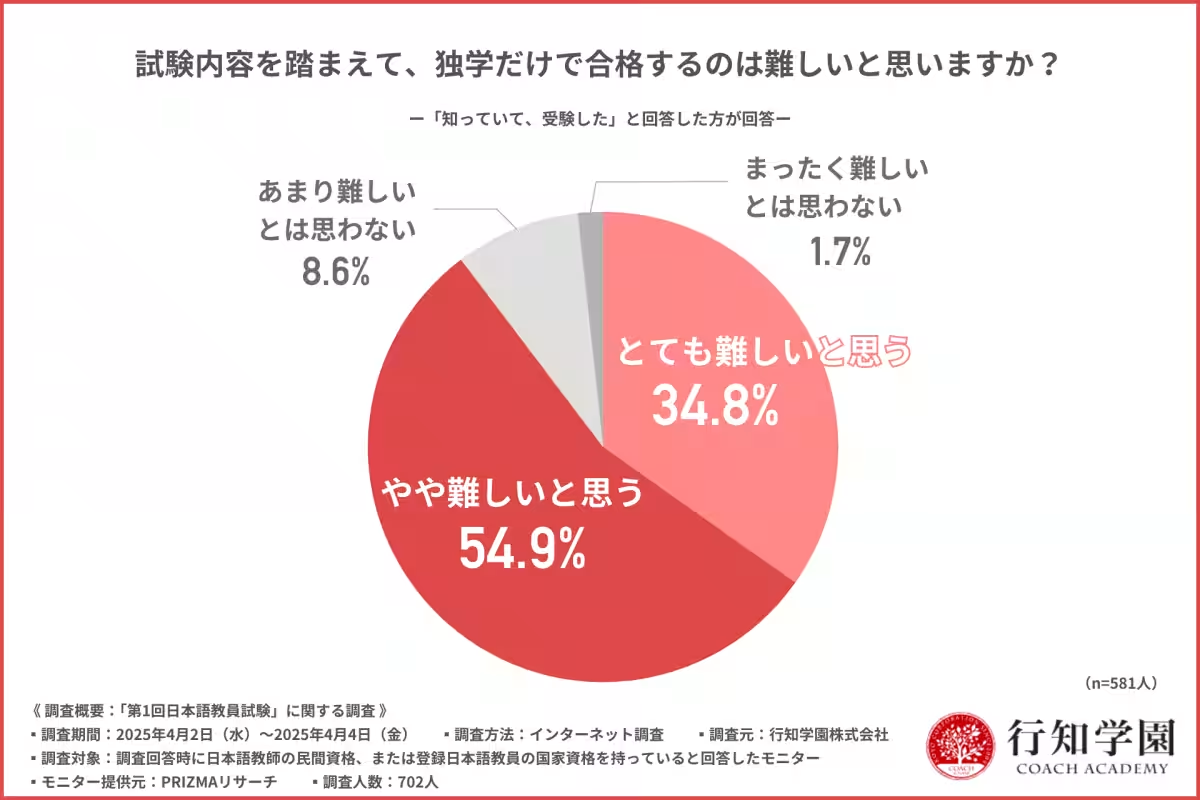
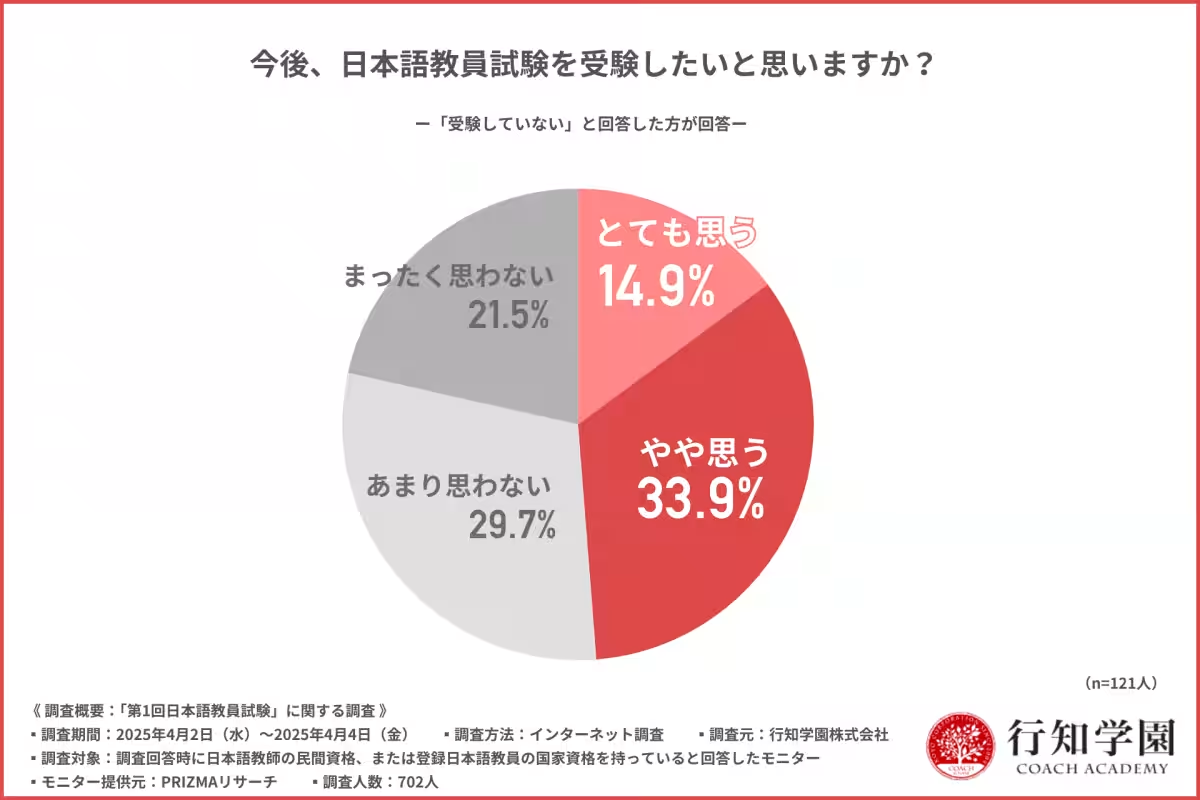
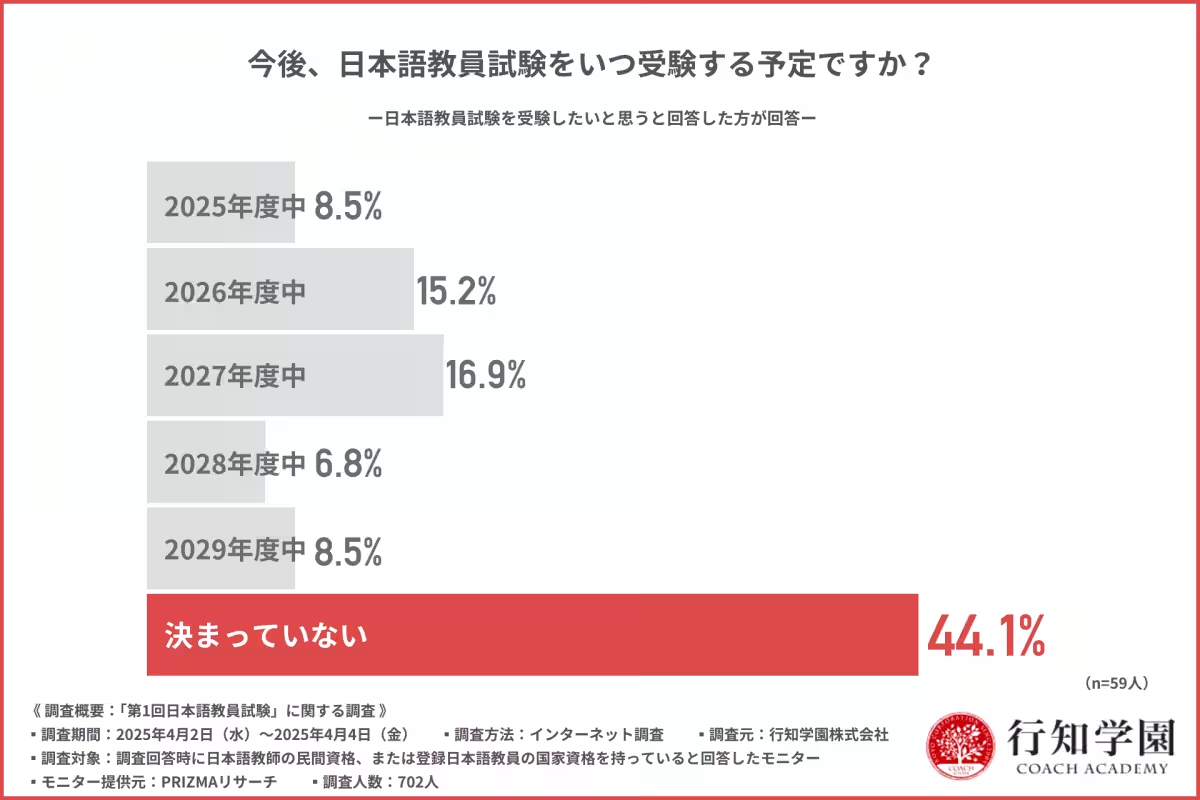
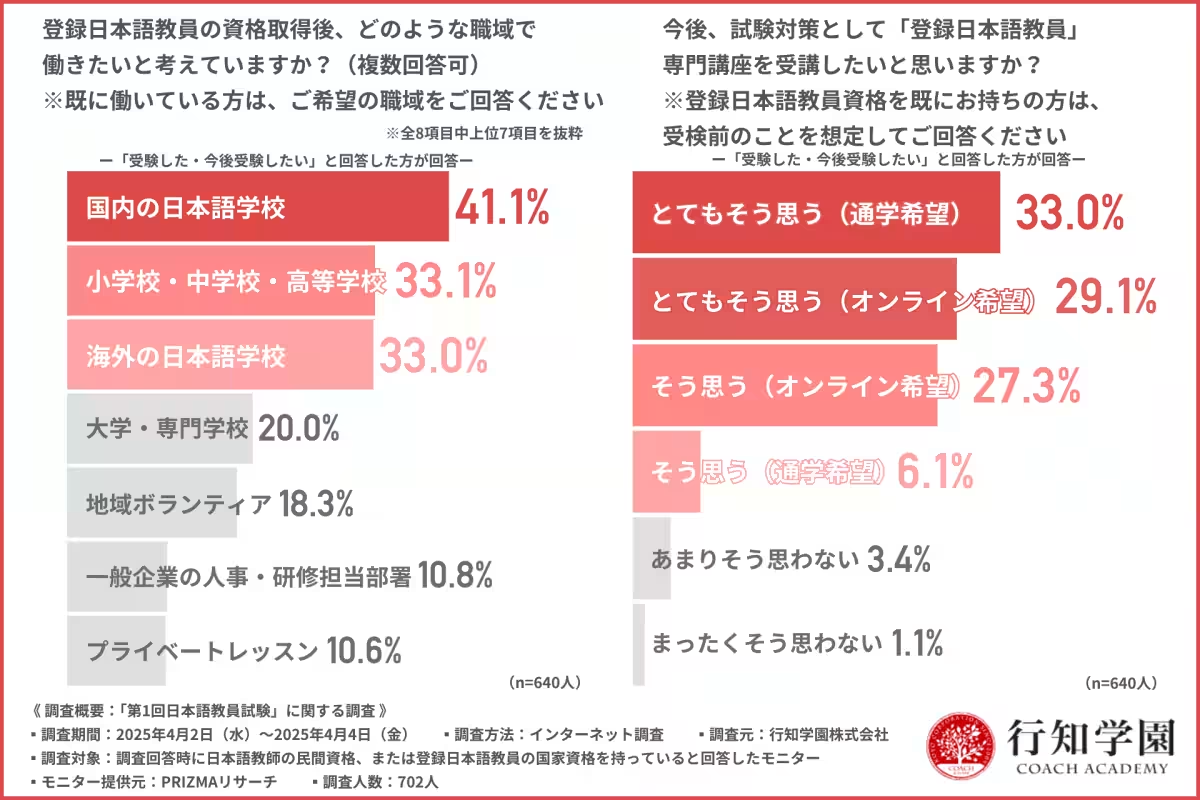
Topics People & Culture)










【About Using Articles】
You can freely use the title and article content by linking to the page where the article is posted.
※ Images cannot be used.
【About Links】
Links are free to use.